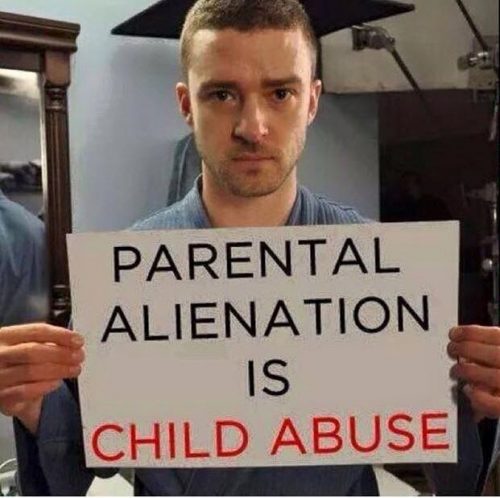Parental alienation is a looming concern not only for families separated because of having divorced parents. It can also occur in families that are still intact. It usually entails one parent suffering from psychological issues that are passed on to the child. It is sinister because one has to take a closer look at the child to recognize its symptoms.

What are the steps to break free from this bondage? Initially, one has to recognize the warning signs of parental alienation in the child. After this, trained professionals need to intervene in the situation.
Parental Alienation: Look Out For These Warning Signs
Essentially, parental alienation entails one parent trying to influence how a child sees the other parent. Usually, manipulation can be done to the child’s mind into thinking that he is neglected and unwanted by the other parent.
This manipulating parent gains the sole affection of the child, without thinking of its eventual consequences. It’s a type of child abuse because it programs the mind of the child to believe that he/she is unloved when it is far from the truth. The child undergoes undue stress from thinking about his situation. It can leave deep scars on the child and may lead to future health issues. According to Richard Zwolinski, LMHC, CASAC & C.R. Zwolinski, “In order to hurt their former (or sometimes, current) spouse, alienating fathers and mothers use their children as pawns in a war that can leave professional psych-ops in the dust.”
If left untreated, the child can have a distorted view of relationships and family in general. “Alienated children parrot the alienating parent’s excessively negative views of the targeted parent, expressing these as their own much as cult followers parrot the beliefs of a cult leader,” Susan Heitler Ph.D. wrote.

Suspecting a child to be experiencing parental alienation? Here’s a checklist of what to look out for:
- Child’s constant rejection of requests for affection by the other parent
- Feelings of hatred directed at the other parent
- Being resentful towards any positive action made by the other parent
- Child considering the other parent as good-for-nothing
Breaking The Chains: When To Call For Help
Tried to talk to the child intensively? Tried to bond with your child but it has ended miserably?
When all attempts to address the situation on your own have failed, it is wise to call professional people for help.
“Dealing with parental alienation is not easy,” Sharie Stines, PsyD emphasized. She adds, “Battles cannot be fought alone. You will need many resources to navigate the difficult terrain that lies ahead.” Psychologists are the best people to call to alleviate the child’s predicament. They can offer sound advice and give a specific course of action to stop parental alienation in its tracks. They talk to the child and identify the specific triggers for the child’s anger. They can also help the child rectify wrong notions. And it can start the healing process for the child.

Moving Forward
To move forward, it should be the parents that will decide to stop engaging in parental alienation.
A psychologist can only do so much to help the child. Both parents should talk it over and address the issues between them. Doing this can prevent emotional baggage and problems to spill over to their child.
It is only unfortunate that the child has to suffer from the fallout of their parents’ marriage. It is the right of the child to experience a blissful childhood. Even if the parents have divorced, it should be the parents’ responsibility for the child to receive love from both sides.
